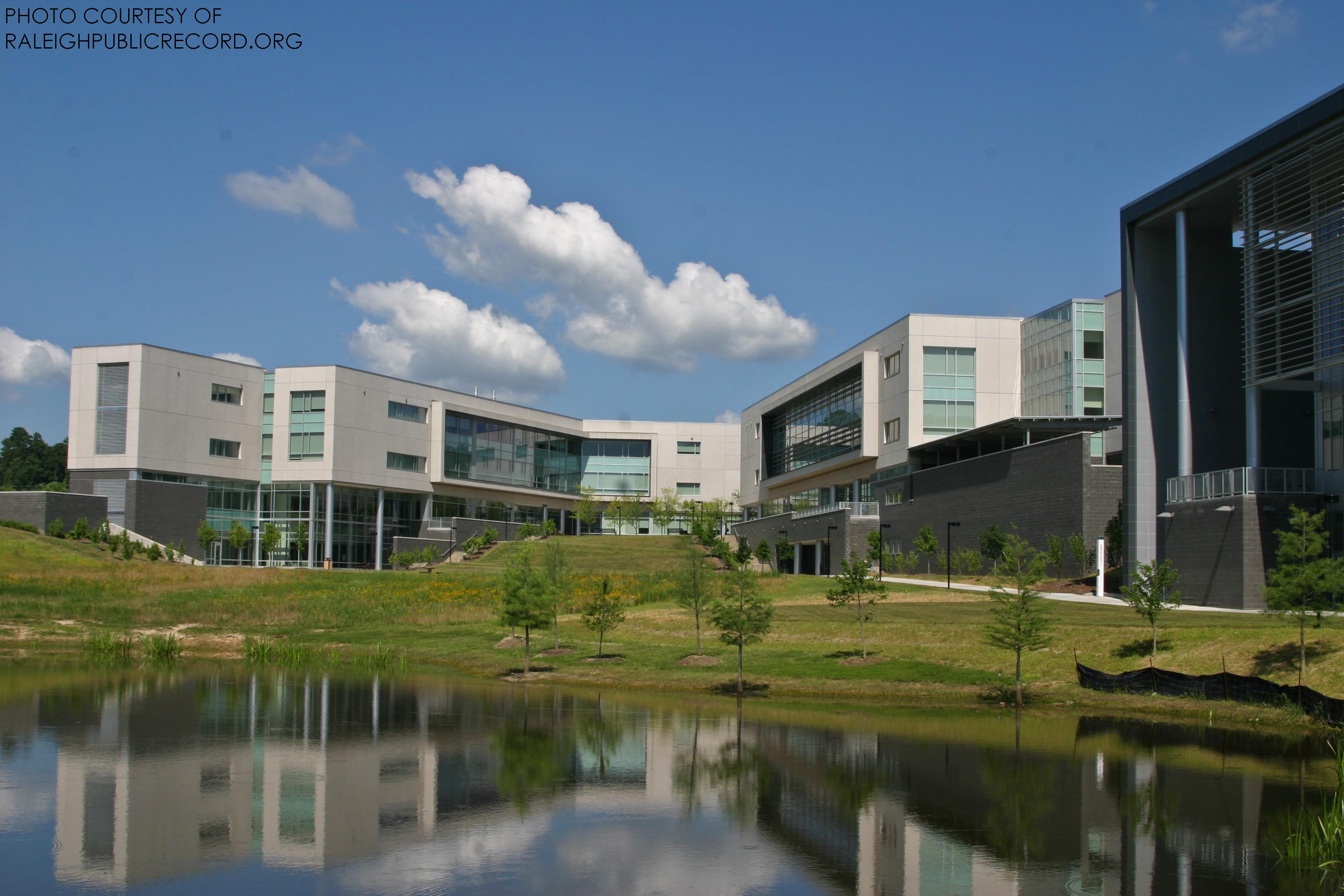
As second semester winds down, students begin to hear back from colleges as they make the pivotal decision that will impact their next four years, if not their entire life.
Approximately 90% of Leesville students will go higher education, 70% of which will attend four-year universities. However, for the other 20% an opportunity in community colleges and technical schools await.
Although community colleges tend to carry a negative connotation, they fulfill an instrumental role with some very considerable perks.
The most obvious perk is price. NC State’s estimated tuition and fees for the 2014-2015 school year is $24,330. In contrast, Wake Tech’s is $1,185. In a market where a stable job is not guaranteed upon graduation, this could make a huge difference.
It is not uncommon for a college freshman to change majors two or three times. A community college allows students to explore many different major options with relatively little risk compared to full-scale university.
Additionally, students can attend a community college for a couple of years before transferring into a major university. This would allow them to discover their career path and take general-education classes in a technical school, while still receiving an accredited education in a university program for a particular field. Although technical schools may not be as competitive in the career field, in today’s job market many four-year college graduates are taking careers they are overqualified for
Also, community colleges tend to have smaller classes and more flexible schedules than their university counterparts, all of which should be considered.
Christie Comer, senior attending Wake Tech in the fall, said, “My grades may not have been the best because I slacked a lot, but I don’t see a point in going to university and paying a lot more to be able to take the same classes.”
However, there are some major cons to attending a community college as well. A limited curriculum and lighter workload can definitely handicap students trying to get a leg up.
College is also a time of social development. Community college students tend to be more uninvolved which can potentially hurt a classroom environment if students contributing in class and reaching out to one another out of class. There is a stark lack of campus life as well, an integral part of the college experience. While, clubs/organizations may still exist, not to the extent of a university. Most students will not live on campus, and their lives are likely to be consumed by work and class alone.
Clearly there are both pros and cons, both of which, deserve to be weighed and considered. It’s far too common for students to simply go to a university blindly because they automatically assume it’s what’s normal or how it’s supposed to be. There are many options out there and students cannot know what’s best for they until you consider them all.
Comer said, “I’m not ashamed or embarrassed — I know it’s a great choice for me. The campus is really beautiful, and their transfer programs are amazing.”

Leave a Reply